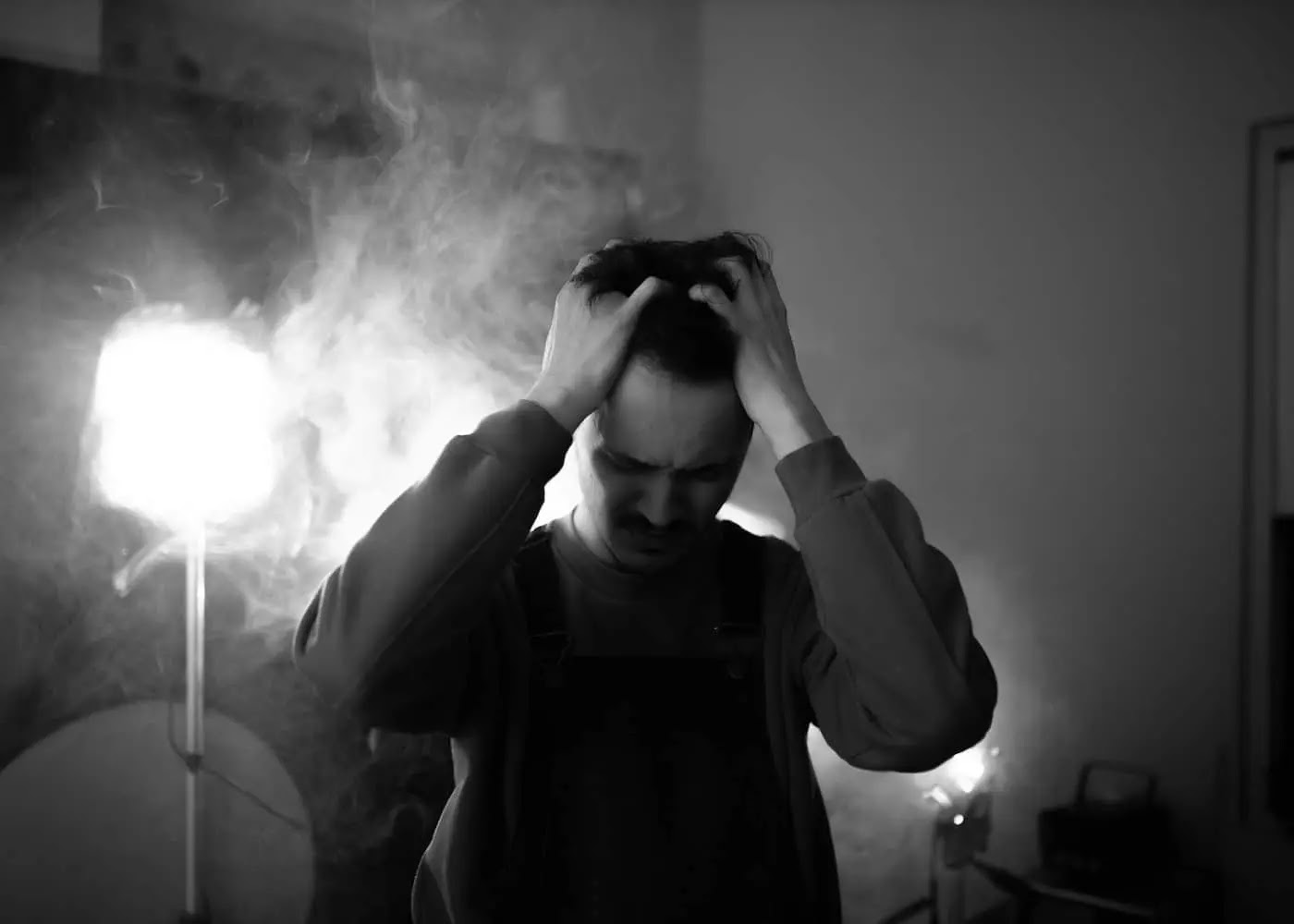 |
| Borderline Personality Disorder |
Borderline Personality Disorder:
Borderline personality disorder, also known as BPD, is a mental health condition that can mess with your feelings about yourself and the people around you. People who have dealt with it say it's like being on a rollercoaster ride, with lots of emotions, problems in relationships, and feeling unsure about who you really are. BPD can make you change your personality, how you see yourself, and even what you enjoy or don't enjoy.
Signs and Symptoms of Borderline Personality Disorder:
Borderline personality disorder has many different signs and symptoms. To figure out if someone has this condition, mental health experts look at 18 different categories of symptoms.
1. Fear of being alone:
People with BPD are often afraid of being left alone or separated from loved ones. They get upset even when someone comes home late, and they try hard to keep their loved ones close. This can make them feel isolated and empty inside.
2. Unstable relationships:
Those with BPD quickly fall in love but can also get easily frustrated and want to end the relationship. They see relationships as either perfect or terrible, without much middle ground.
3. Unclear sense of self:
People with BPD struggle to have a stable sense of who they are. They can go from loving themselves one day to hating themselves the next. They often don't know what they want in life, and their moods and goals keep changing.
4. Harmful behavior:
BPD is linked to impulsive and self-destructive actions. This can include dangerous driving, stealing, substance abuse, or overspending. These behaviors may provide temporary relief but cause long-term harm to health, finances, and relationships.
5. Self-harm:
People who have BPD sometimes hurt themselves by using sharp objects to make cuts on their skin or by applying heat to burn themselves. It's important to be aware of any signs of self-harm or thoughts of suicide and offer support.
6. Mood swings:
BPD causes extreme mood swings. Small things can upset them, leading to intense mood changes from happy to depressed or even suicidal. These mood swings are usually short-lived, lasting only a few minutes or hours.
7. Feelings of emptiness:
People with BPD often feel empty inside and try to fill that void with risky behaviors like drugs, overeating, or engaging in unsafe inner desires. Their actions and attitudes revolve around this emptiness.
8. Explosive anger:
BPD can cause impulsive anger, which can be triggered by minor disagreements. This anger may be expressed through shouting or throwing things. Sometimes, when people feel really angry, they hold it inside for a long time. Eventually, they may end up hurting themselves as a way to let out that anger.
9. Paranoia or suspicion:
Individuals with BPD may struggle with paranoid thoughts and become suspicious of others' motives. This can strain relationships and lead to misguided beliefs that hurt their loved ones.
Also Read: How does stress indirectly affect physical well-being?
10. Emotional intensity:
People with BPD experience emotions very intensely. They can quickly shift from extreme happiness to deep sadness or anger, often triggered by small events.
11. Impulsive behaviors:
BPD is associated with impulsive actions without considering the consequences. This can involve spending too much money, doing dangerous things, using drugs or alcohol too much, or eating too much in one sitting. People do these things because they want to feel better or to fill a feeling of emptiness inside them.
12. Chronic loneliness:
Despite a fear of abandonment, those with BPD often feel chronically lonely. Trust issues and a fear of being hurt or rejected make it difficult for them to form deep connections.
13. Identity confusion:
BPD can cause an ongoing sense of uncertainty about one's identity, including beliefs, values, and goals. This leads to inconsistency in life choices and changes in religious or gender identity.
14. Need for validation:
People with BPD have a strong need for validation and reassurance from others. They constantly seek approval to feel secure about themselves, which can strain relationships and create dependency.
15. Difficulty managing emotions:
Individuals with BPD struggle to regulate their emotions effectively. They may have a hard time coping with intense feelings, resulting in impulsive actions, mood swings, and relationship challenges.
16. Persistent emptiness:
Alongside chronic loneliness, people with BPD often experience a persistent sense of emptiness. They may engage in impulsive and risky behaviors in an attempt to temporarily relieve this feeling.
17. Intense attachment and idealization:
BPD can lead to intense attachments to others and idealizing them. They may view their loved ones as perfect and rely heavily on them for emotional support. However, this idealization can quickly shift to devaluation if they perceive flaws or disappointments.
18. Fear of rejection and criticism:
Those with BPD have an intense fear of rejection and criticism. They may be hypersensitive to any perceived criticism, leading to defensive or hostile reactions. This fear greatly affects their relationships and ability to maintain stable connections.

Comments
Post a Comment